|
The definition of relaxation includes “the lengthening of inactive muscles or muscle fibers” and “the return or adjustment of a system of equilibrium following displacement or abrupt change.” Relaxation should exist on three levels: Physical (suppleness), mental (clarity of mind and emotion) and spiritual (freedom from fear, anger, resentment, jealousy and other negative attitudes). The three are related in both humans and horses. Physical relaxation can be destroyed by confusion or fear, thus it is not a simple matter of controlling the length of muscle fibers. In most cases when the mind is the cause of tension, stress, fear or confusion we must try to relax our mind. Even if the cause requires a solution, the starting point is a relaxed mind that can focus. If we hope to achieve physical relaxation, we need to address the methods of promoting mental and spiritual relaxation since they are so closely connected. Relaxation has many benefits in terms of both performance and soundness. Communication is more straightforward when we are relaxed. Both observer and horse feel the rider is lighter and more graceful. Our body will move in harmony with the horse’s movements. Our legs will breathe with the horse’s sides. Our hands will be quiet receivers and directors of the forward energy we are sharing. Our body as a whole will be prepared to respond to the horse quickly, quietly, and effectively. This harmony will enable both horse and rider to move forward with power and elasticity, creating a picture of total unity and majesty. A relaxed horse is an amazingly elastic creature, and therefore our goal should be to maintain this elasticity. It involves careful management of his physical body, slowly building up muscle tone. Most horses have an advantage over man, in that they begin with a calm mind. If communications are clear and demands are realistic, they should remain mentally calm. This mental calmness, combined with the proper training of horse and rider, should maintain the horse’s elasticity, thus minimizing the wear and tear that cause unsoundness in our equine partners. No doubt it is easier for a rider to relax on a horse who is relaxed, but the rider must learn to become supple and relaxed himself so that the horse can stay elastic and relaxed. It is the rider’s responsibility to maintain the relaxation of the horse. It is more difficult for the rider to maintain a relaxed state, because the rider continues to have situations develop that make it difficult to maintain a relaxed, supple body. It is up to the rider to find an effective method to maintain a well functioning body. Emotional turmoil produces disequilibrium in our bodies, leading to physical stiffness. Returning the body to equilibrium is a matter of relaxation. When we feel upset, or experience an uneasy feeling, an upset stomach, a headache, a backache, or another physical symptom, it may be our mental or spiritual self crying out. Physical exercises are designed to relax and supple the muscles, while meditative therapies provide methods to relax and free the body, mind and spirit. “Mediation is any activity that keeps attention pleasantly anchored in the present moment”
-Joan Borysenko The more of our self we can access consciously, the more control we have over our lives and our goals. The more unresolved experiences we have, the more we will need to create freedom that brings about the useful inner self. By having control over our thoughts and experience we come more relaxed in who we are, our goals and our dreams. This is key in our relationships, even our relationship with our horse. Relaxation is necessary for the rider to attain inner harmony and for the horse to display his natural beauty.
1 Comment
Humility is an essential ingredient to be in proper balance with our horse and the world. We can recognize humility by its unselfishness, thoughtfulness, gentleness, unpretentious spirit, and desire to help others. A horse outshines humans in unselfishness, has an unpretentious spirit and desire to please. A horse also possesses strength, power, agility, and presence. We can learn the lessons of humility by recognizing the attributes of humility in our horse and strive to be humble everyday. Humility can affect the way we learn, select professionals, and relate to others. Humility can make the difference between mediocre and a superior performance. We can ride, perform, and even win without humility. However, humility changes the focus of our ride toward the horse’s energy, by allowing us to surrender ourselves to the horse. When we are able to let go we become a partner in the performance with our horse. We share the in the horse’s brilliance, we do not produce his brilliance through control. By controlling our horse’s energy mentally through quiet humility we can out-think him and direct his power and majesty. We can allow him to perform at his best. I believe really love our horse we need to put his betterment ahead of our needs and be humble to our own. By understanding our horse, his strengthens and weaknesses, we will be able to create and develop a humble relationship with him. We need to be realistic about our goals and our role in performing with our horse. We assume the role of a leader, guiding the performance or ride of the day to maximize your strengths and minimizing your weaknesses. Focus on what you what to accomplish and produce, and be responsible for the harmonic wholeness of the ride. The best horse people are those who can remain humble by remembering it is the horse that wins and performs. We need to enjoy our role in the relationship and take pride in directing the majesty of our horse. I have learned that if I understand my horse and encourage him, maintain a positive attitude while defining our roles in the relationship I can stay humble. As long as we can think of our horse first and his needs we will have humility in our relationship. The horses in my life teach me about humility on a daily basis and help me develop and maintain humility in other areas of my life.
Remember, whatever your goal, approaching it with humility will enhance its value and magnify the joy it attaining it. You will have a better appreciation for your horse’s role in the accomplishment, but you will also attain a more honest perception of your own contribution. |
AuthorMeghan Brady is a equine industry professional specializing in a holistic approach for both horse and rider to enhance performance and well being. Archives
October 2023
Categories |
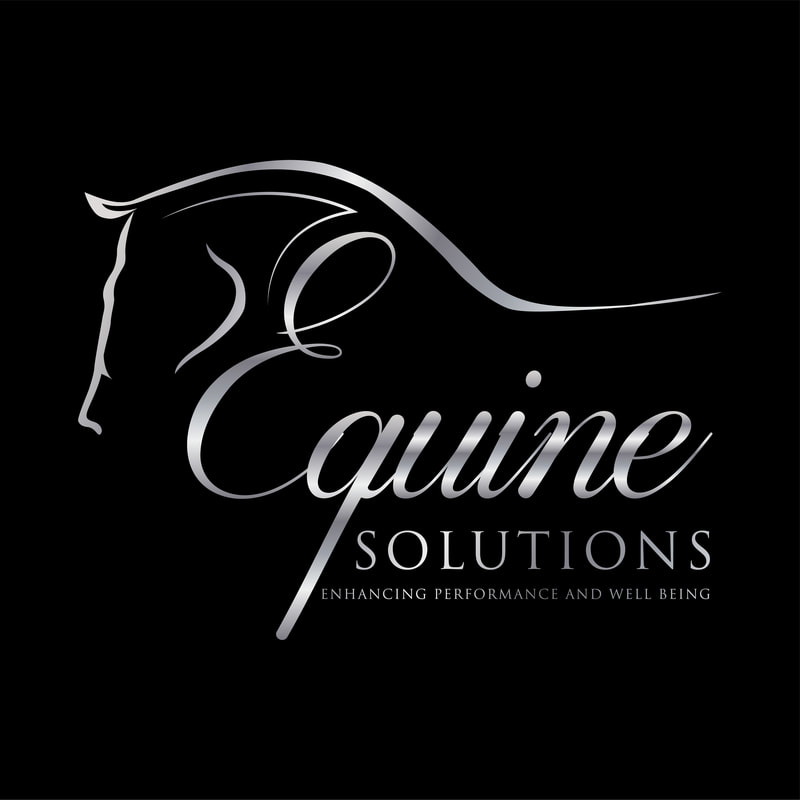
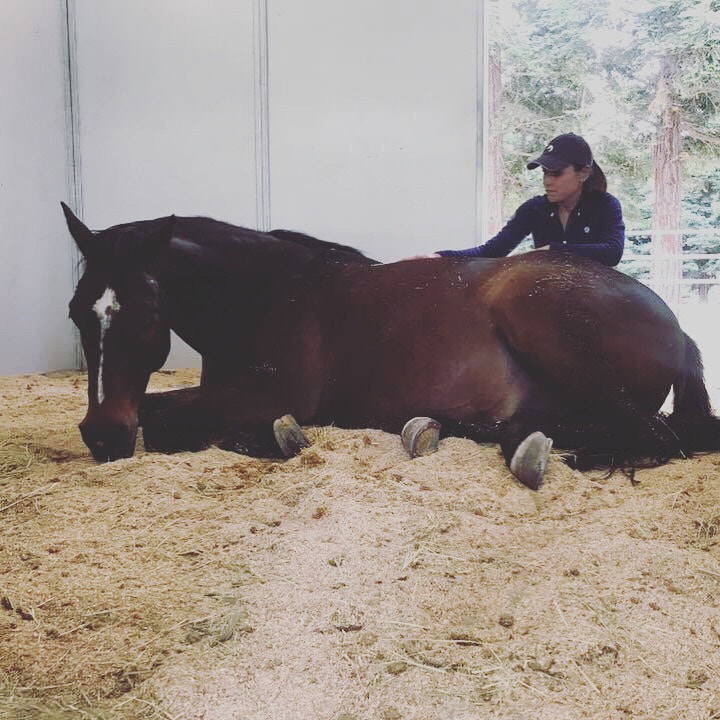
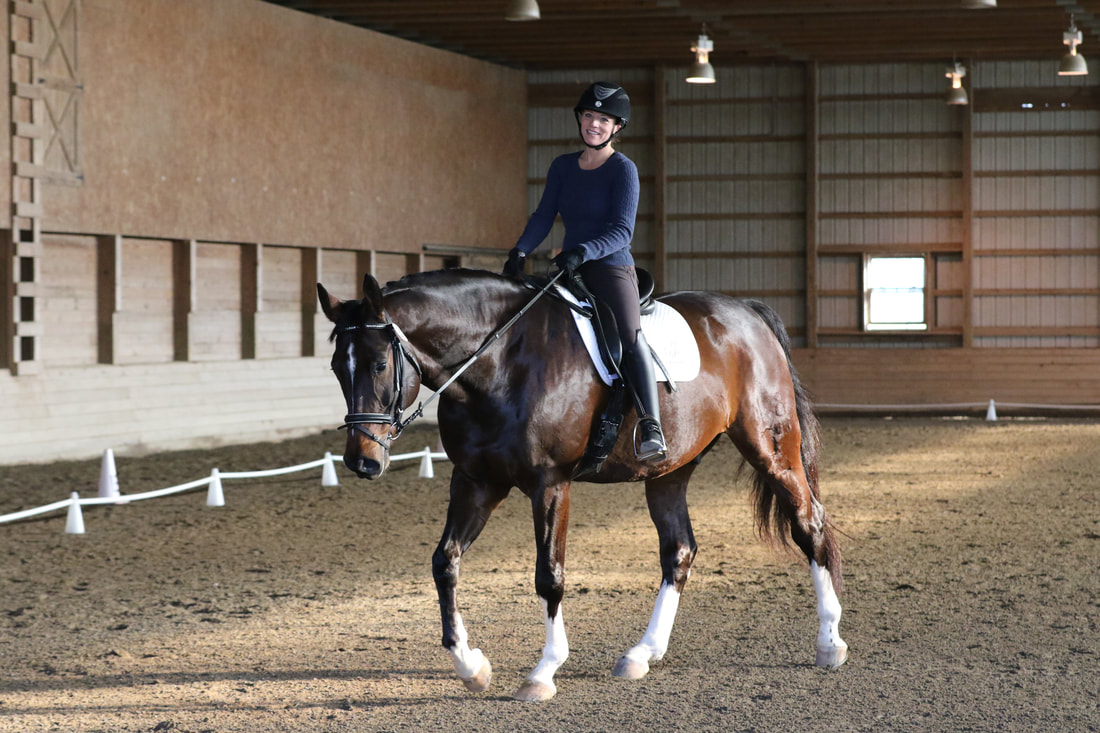

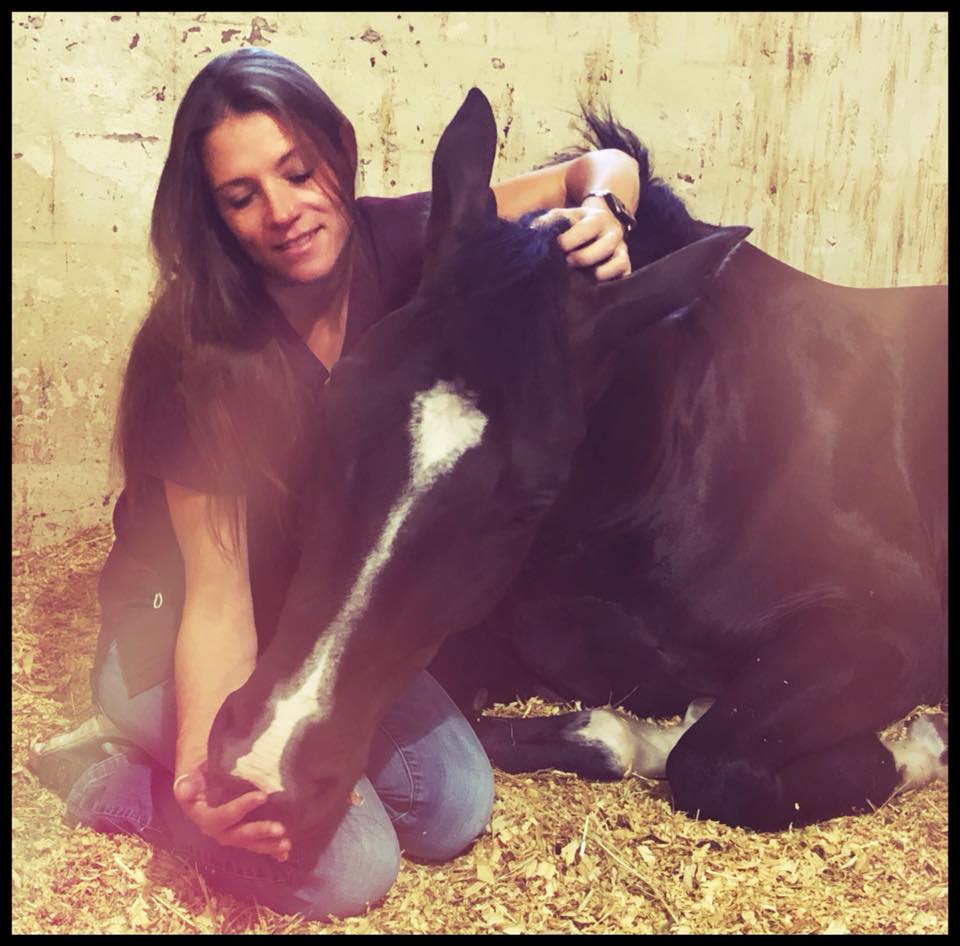
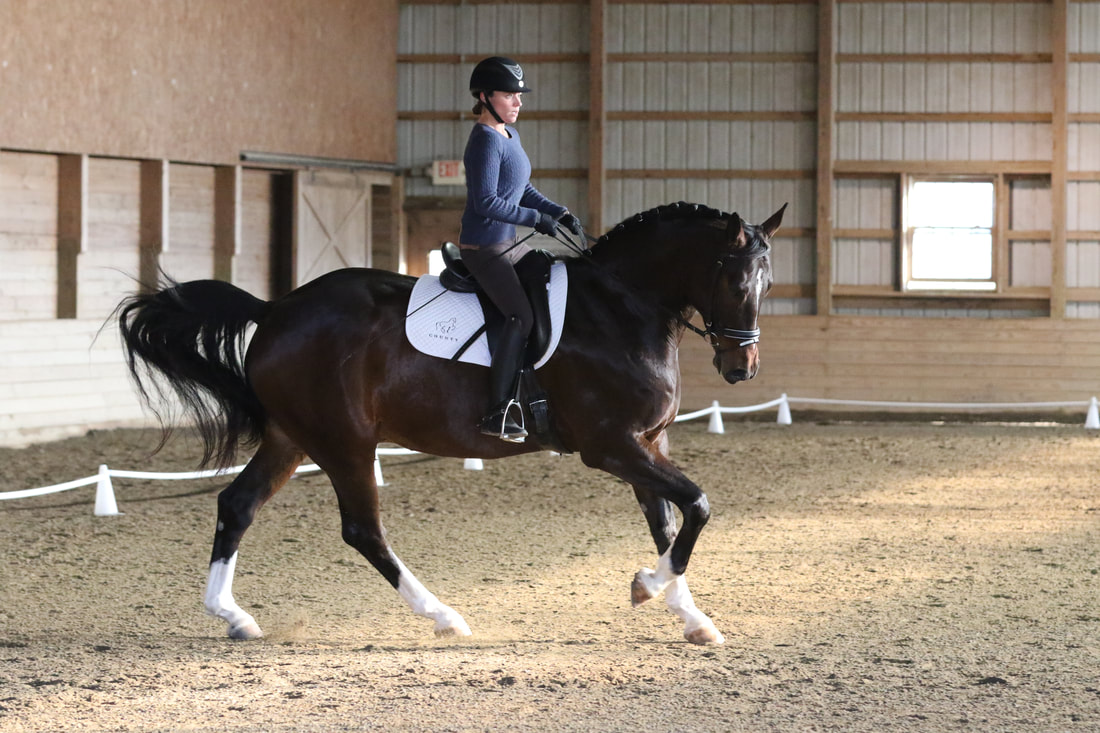
 RSS Feed
RSS Feed